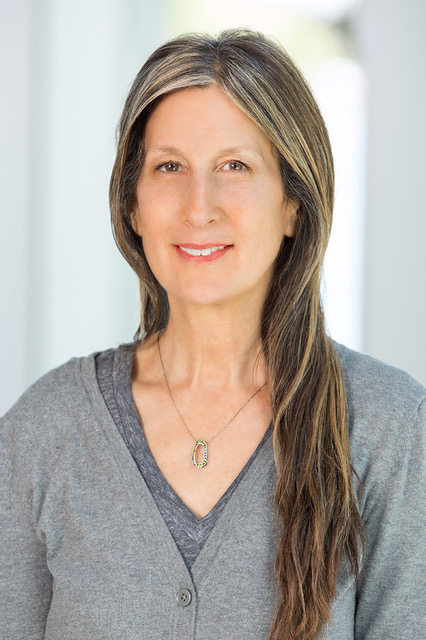 Luc Claessen/Getty Images and Specialized Bicycle Components
Luc Claessen/Getty Images and Specialized Bicycle Components
Maintaining constant communication with riders, retailers, and staff is the number one priority for Tommy Pham, senior manager, database cloud platform of Specialized Bicycle Components. During the past year, as COVID-19 brought a wave of new and re-energized bike riders, the message from all three of those groups was clear: we need more bikes.
While bike sales industrywide nearly doubled typical seasonal levels in April 2020, topping $1 billion, according to The NDP Group, the pandemic forced many port closures and factory quarantines, creating a global supply-chain crisis. These events, coupled with having to run an ERP system on an older, on-premises data center architecture, made it even more difficult for Specialized to respond fast enough to meet its demand.
“It just came time to sunset our on-premises super clusters,” Pham says. Yet, with millions of customers, partners, and staff spread across 40 countries, moving to a new ERP system, and having to reconfigure more than 200 integrations built around that application, was “unthinkable,” Pham says.
After assessing the cost and effort required to move multiple terabytes of data within Oracle E-Business Suite and Oracle Agile Product Lifecycle Management to the cloud, Pham and his team quickly reached a consensus: “For us, moving to Oracle Cloud Infrastructure was an easy decision,” Pham says.
Pham shares how he helped Specialized Bicycle move its Oracle E-Business Suite and Agile PLM systems to Oracle Cloud Infrastructure (OCI) during an episode of the Built & Deployed video series, which features technology conversations with software architects about OCI.
While running a proof of concept in OCI, “we not only saw a huge increase in our online and batch processing performance, we were also able to dynamically upscale CPU cores, provision virtual machines, and update our operating systems within minutes,” he says. “These are huge advantages, especially when we’re dealing with seasonal traffic bursts.”
Specialized runs its primary workloads out of the Oracle Phoenix cloud region. “We’ve set up both public and private subnets, giving us a persistent connection between our point-of-sales system, databases, and business applications—and our customers, retailers, cloud vendors, and other third-parties,” Pham says.
Such connections are the lifeblood of the company. Specialized runs an Oracle WebLogic Server on a two-node Oracle Real Application Cluster (RAC) using Oracle Exadata Cloud Service. “This setup gives us a high-availability, fault-tolerant environment where we can process sales transactions from consumers through our website, while at the same time update our inventories, production and delivery schedules, and accounts receivables on the back end,” Pham says.
To interact with Specialized global business partners and retailers, Pham’s team runs the company’s business-to-business portal on an Oracle 9i Application Server, which sits in a private subnet within a virtual cloud network. “This is really the crown jewel of our legacy systems,” Pham says.
Built for speed, deployed at scale
While its bikes are engineered for speed and comfort in style, Specialized’s cloud environment is architected for speed and security at scale. With Oracle Cloud Infrastructure Load Balancing to manage the application tiers, Oracle RAC to divide interfaces on different subnets, and Oracle Enterprise Manager to monitor the entire cluster, “there’s no more waiting, no scheduled downtime,” Pham says. “We just flip a switch to instantly scale up for more capacity, and then scale back down when our traffic levels off. You just can’t beat that.”
To protect its main workloads running in Oracle’s Phoenix cloud region, Specialized has replicated its Oracle E-Business Suite, Oracle Agile PLM, and Oracle Databases in the Oracle Cloud region in Ashburn, Va. “The design of OCI gives us true disaster recovery,” Pham says. Even in the event of a failover, “using Oracle Data Guard helps us continuously run these sites in sync mode, which gives us the assurance that our backups are always available and current.”
